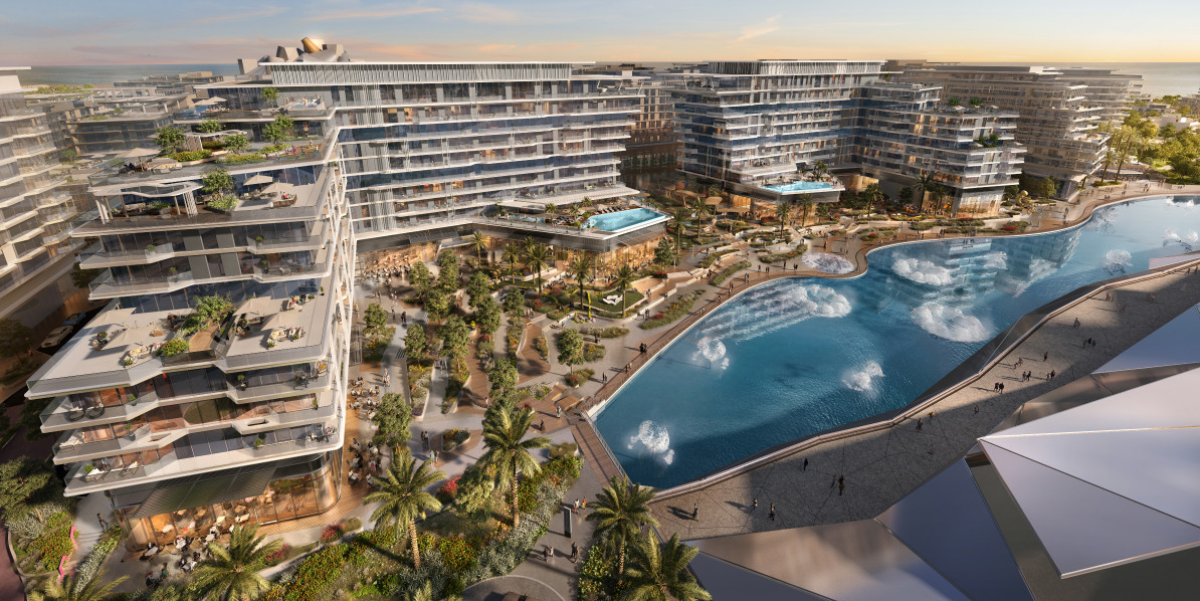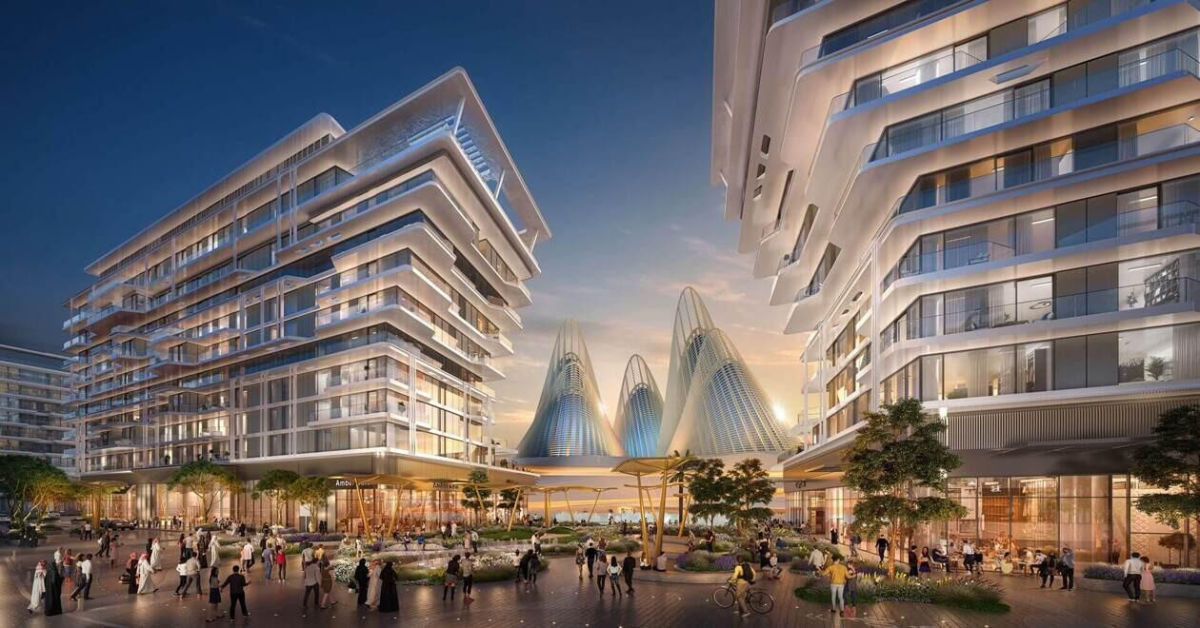International Real Estate Investment In Dubai: Why People Look East
Over the last twenty years or so, the skyline of Dubai has turned into something out of a movie. Towers, islands shaped like palm trees, whole neighborhoods rising out of what used to be desert. And it’s not just about looks. For many people abroad, International Real Estate Investment in Dubai has become a serious option, not a passing trend.
What Pulls Investors In
Well, part of it is geography. The city sits right in the middle—easy flights to Europe, Africa, and Asia. That makes it attractive for people who travel or run companies that connect across continents. Another piece is the government’s approach. Policies have opened the door for foreign ownership, especially in freehold zones, where a buyer can actually own the land instead of just leasing it.
There is stability. While property markets in other places can swing wildly, Dubai keeps finding demand. People prefer to move here for jobs, families stay for the lifestyle, and tourists keep pouring in. Add to that the airports, ports, and infrastructure, and you will see why investors feel the city is less risky than it might look on paper.
Dubai Real Estate Development
If you’ve walked through Downtown Dubai or around the Marina, you already know that Dubai Real Estate Development doesn’t really do “small.” Projects here tend to combine housing, shops, green areas, and leisure all at once. Whole communities get built instead of just towers. That’s appealing to international buyers. Some people need luxury penthouses while others consider mid-range apartments in growing suburbs. The pipeline never stops, new projects keep coming, and energy reassures people that the city is still growing, still modernizing.
Can Foreigners Buy Homes?
One of the most common questions: Can non-residents actually own property there? The answer is yes. The rules allow it, but only in certain zones. Over time, the process has gotten easier, so it’s not unusual for someone to Buy a House in Dubai for Foreigners with fewer hurdles than in other markets. The main thing is knowing the difference between freehold and leasehold. Freehold means full rights, while leasehold is more like a very long rental, often up to 99 years. Both options work, but buyers should do their checks, ideally with registered agents or developers. That avoids messy surprises later.

Outlook for Investors
Dubai isn’t standing still. The population grows, business hubs expand, and developers keep experimenting with design and new technology. Rental yields often come out higher than in many Western cities, which matters for people treating property as an income source rather than just a holiday home. Risks exist, of course. Oil markets, global finance shifts, even new regulations—these can influence demand. Compared to numerous places, Dubai has managed to stay on investor maps for years.
Conclusion
The city’s real estate story is about more than towers and luxury ads. It’s about how a place turned itself into a crossroads for global finance and daily living at the same time. For investors, the draw isn’t just profit, it’s stability plus growth. And that mix, messy as it is, keeps pulling people in.
For more information, you can visit our website https://harmonyoasisre.com/ or call us at +971 58 333 0241

